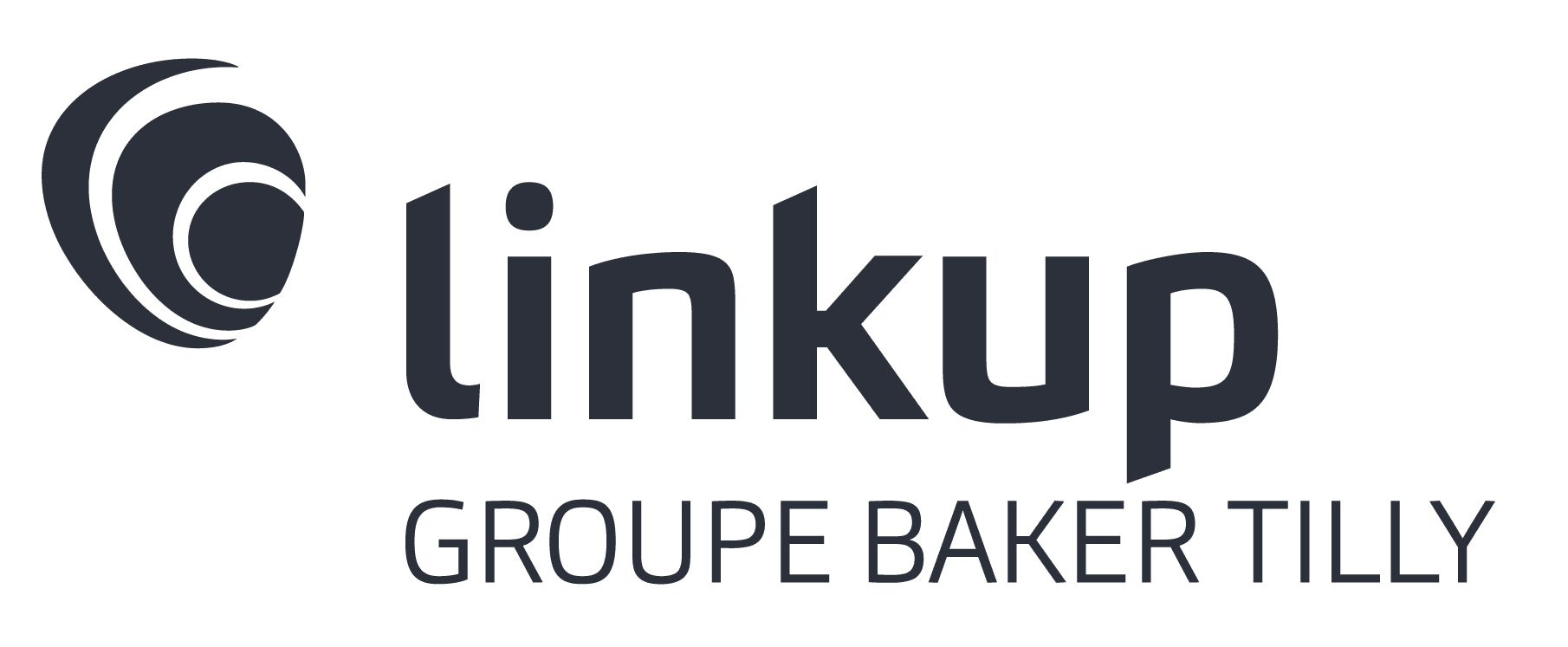The press conference is about to start. The managing director of this beautiful Mid-sized company rereads his notes one last time. Today he talks about corporate social responsibility (CSR) commitments. Everything is ready. The manager says: “The CSR has been a key issue for our company for many years. One unfortunate article… and the efforts of thousands of collaborators lose their credibility in the eyes of the media in an instant!
How often does CSR take on a masculine tone in the mouths of managers who are still too untrained in its various challenges and lack a global vision? Too often, at a time when the context no longer allows it!
IPCC reports… regulatory pressures… new demands from the financial world… increasingly strong societal expectations… For Executive Committees, CSR is no longer the icing on the cake, it is the cake! However, it has to be said that the average cultural level of their members on these subjects remains very insufficient.
Siloing and parcel culture of CSR
Of course, CSR transformation is underway in the vast majority of companies, with action plans deployed by the various departments to deal with compliance issues, limit risks but also, more and more often, to take the ambition well beyond the regulatory constraints.
Yet this effort is treated in ‘silos’. At the level of the Executive Committee, this means that each of its members, individually, is becoming more and more focused on the issues identified in his or her function, without having the overall, structuring vision that is now so essential for action.
This fragmented view is corroborated by a recent study* which found that 85% of board members believe that they need to improve their knowledge of climate issues, with 65% saying that knowledge of climate issues is not a criterion for selecting a CEO. While this study only concerns the Board of Directors and the climate issue, it sets the tone…
Three requirements that justify the urgency of an acculturation process
In a context where the general maturity of the players is progressing rapidly – as much as the level of the “hubbub” emitted each day on the subject of CSR, differentiating oneself in order to be really listened to implies from now on meeting 3 requirements:
The demand for commitment
Through its capacity to act, to deploy, the company is an actor of change, perceived today as such by the citizens. In addition to satisfying its customers, employees and stakeholders, it must therefore commit to building a more sustainable society, a society of progress. This creates new opportunities for companies that are able to seize them. As well as the risks for those who will not be there or who will be confronted with their past and unfulfilled commitments.
The requirement of reality
This commitment implies a profound change in the modes of production, distribution and governance. It requires comprehensive, tangible, measurable, long-term actions rather than scattershot or announcement effects. It therefore makes impact and its evaluation an action in its own right.
The requirement of sincerity
This movement towards a more responsible and committed company necessarily affects the discourse of Executive Committees members, both internally and with external stakeholders. They must convince themselves not only that they are acting in the long term and on the basis of a coherent global vision, but also that their word carries a sincere fight.
This new relationship between the company and society fundamentally changes the role of each member of an Executive Committee. CSR is now at the heart of a model that brings together economic performance, business challenges and stakeholder expectations. It is therefore easy to understand why a general (re)upgrading in this area is becoming a vital emergency for every company.
* Heidrick & Struggles and INSEAD Corporate Governance Centre, Changing the climate in the boardroom, décembre 2021.
Philippe Raffin, Vice-Président at LinkUp

Would you like to know what LinkUp has to offer on this subject?
Do not hesitate to contact Julie Petitprez ([email protected])
For more than 10 years, LinkUp’s mission has been to help companies and brands build and express their social utility, to make their commitments a lever for performance and to accompany the changes in behavior necessary for a more sustainable world. Would you like to be accompanied? Contact us!



